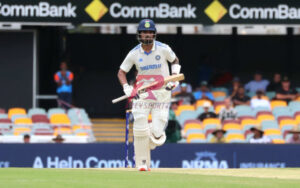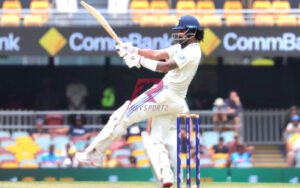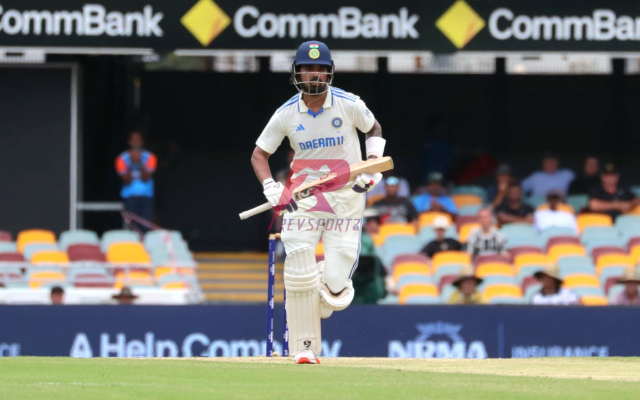
Gargi Raut in Sydney
The 2024-25 Border Gavaskar Trophy will be remembered as a tale of promise that unravelled into heartbreak for Indian fans. After a commanding high in Perth, a string of perplexing decisions played a role in their eventual 3-1 series defeat. But at the heart of the baffling decisions was the handling of KL Rahul’s batting position. His abrupt shift from the opening role, where he had flourished, to No. 3 in the crucial fourth Test stood out as a glaring misstep.
India’s campaign was already teetering under pressure. The miscalculations came after Australia levelled the series in Adelaide. India narrowly escaped defeat in Brisbane, thanks to rain and lower-order heroics. The Melbourne Test, however, marked a turning point, with Ravichandran Ashwin having retired and a fragile batting display.
Heading into the Sydney decider, with Rohit Sharma out of the team and Jasprit Bumrah off the field for the final day of the Test, India faltered once again. But the defeat exposed deeper issues: the team’s inability to back a consistent strategy or recognise the value of settled roles. At the heart of it all was Rahul’s conundrum and a decision that disrupted the team’s batting order.
The Rahul Conundrum
Among the many questionable decisions during this series, none was more perplexing than the one surrounding Rahul’s batting position. Rahul had started the series with a strong performance and was India’s most consistent batter at the opening slot in the first three Tests, but he was abruptly shifted to No.3, a move that not only evidently disrupted his rhythm but also destabilised the team’s top order, raising serious questions about the management’s strategic foresight.
If you look back on the first three Tests, Rahul’s performances as an opener were pivotal. He scored a gritty 77 in the second innings of the Perth Test, forging a match-winning 201-run partnership with Yashasvi Jaiswal. His 84 in the first innings in Brisbane was another standout knock which included partnerships that held the innings together, including a 67-run stand with Ravindra Jadeja.
For the Latest Sports News: Click Here

It was evident that Rahul was the batter India needed at the top, with his ability to anchor the innings and provide stability. In the fourth Test, India pushed Rohit Sharma back to the opening slot. Rohit, who struggled for form throughout the series, managed only five balls in his first outing as an opener, effectively leaving Rahul to face the new ball anyway.
Disturbing Rhythm
Throughout the series, Rahul’s partnerships as an opener were a cornerstone of India’s batting efforts, and his synergy with Jaiswal in Perth and Brisbane gave India solid starts. They consistently negated the threat of the new Kookaburra ball and set up a platform for the middle order. In contrast, in the fourth Test, the top order of Rohit, Jaiswal, and Rahul failed to replicate the earlier cohesion, leaving the middle order exposed to Australia’s relentless attack.
Another consequence of this strategy was Washington Sundar’s inclusion in the fourth Test at the expense of Shubman Gill, a move explained by the coaching staff as providing “cushioning to the bowling”. In the series decider, as the skipper made way for Gill in the XI, Sundar bowled only one over in the entire match.
The Mental Toll
Beyond the numbers, the psychological impact of these decisions on Rahul should not be ignored. A player who was thriving in a settled role was then asked to move around the batting order twice. That most likely affected his confidence and mental preparedness. Why fix something that was not broken?
In hindsight, the decision to disturb a confident Rahul to accommodate an out-of-form Rohit appears to have backfired. Rohit’s continued struggles culminated in him being dropped from the fifth Test. By the time Rahul came back to open in the fifth Test, the damage had been done. India’s batting lineup which looked like a big strength at the start of the series had become a patchwork of inconsistent performances.
Also Read: Jasprit Bumrah likely to miss England ODIs; in doubt for Champions Trophy




